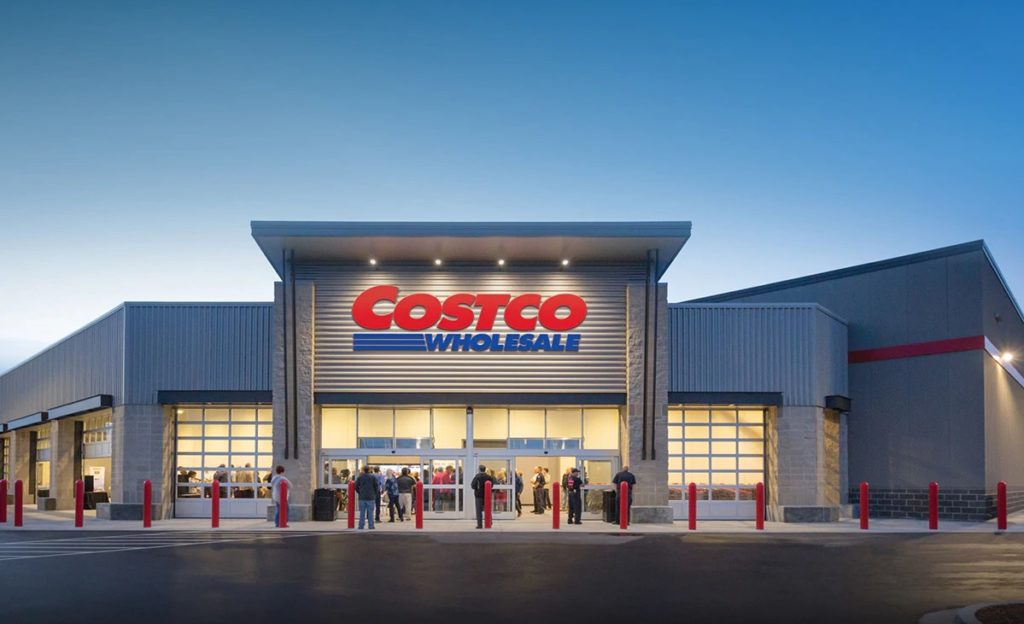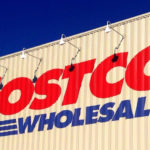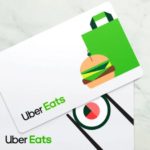
Next time you shop at Costco, you’d better keep an eye on your receipt. Because a federal judge says the company is free to overcharge you if you use coupons, and no one can stop them.
The judge has tossed out New York resident Mark Guterman’s proposed class-action lawsuit, which accused Costco of improperly charging sales tax on purchases made with Costco coupons. While the judge seemed to sympathize somewhat with Guterman’s plight, he ruled there’s no way around a state law that says, essentially, Costco can charge whatever amount of sales tax it wants to. And if you don’t like it, you can either apply to the state for a refund, quit shopping at Costco – or just suck it up.
State laws differ about how and whether purchases made using coupons are to be taxed. In Connecticut, Massachusetts, Missouri, Pennsylvania and Texas, taxes are to be calculated only after all coupons are applied. All other states that charge sales tax do so after store coupons are applied, but before manufacturer’s coupons are applied.
In the lawsuit he filed last summer, Guterman argued that Costco had offered him what appeared to be store coupons, so they should have reduced the amount of tax that he was charged. Instead, he found they were taxed as manufacturer’s coupons, and only an eagle-eyed customer who was aware of the state law – and capable of deciphering their receipt – would ever realize it.
Until August 2013, Costco’s monthly coupon books that it mails to members contained coupons that were explicitly labeled as being “manufacturer’s coupons” or as providing “manufacturer’s savings”. After that date, though, Guterman pointed out that the reference to manufacturer’s coupons disappeared. And under New York state law, if a retailer doesn’t disclose whether a coupon is reimbursed by a manufacturer, it’s automatically treated like a store coupon and not subject to sales tax.
However, New York state law also says that the only way a shopper can be refunded any sales tax collected in error is not to demand it from the retailer, but to apply for a refund from the State Tax Commission. Guterman challenged that method, arguing that a different state law entitles him and any other shoppers similarly overcharged to get a refund directly from Costco, and then Costco would be the one that had to apply to the state for a refund.
Otherwise, the burden is unfairly and exclusively on the customer – the victim, in Guterman’s telling – to make things right. Costco “has no incentive to repay these customers for the illegally charged sales tax and then file a refund application,” Guterman’s lawsuit read, nor does the state “have an incentive to force Costco to repay its customers for the sales tax liability Costco has illegally shifted to and collected from them.”
The judge’s reaction to Guterman’s arguments? Nice try.
Guterman “cannot make an end run around the exclusive remedy provisions in New York Tax Law,” the judge wrote in his decision dismissing the case. “The text of the statute could not be more explicit.” The law states that applying to the Tax Commission for a refund is the “exclusive remedy” for challenging the imposition of excess sales tax. “Thus, Plaintiff’s remedy for Defendant’s allegedly illegal tax collection is an application to the Tax Commission… and not the Court,” the judge concluded.
Whether the judge was sympathetic to the plaintiff’s plight was irrelevant, since he said the law was clear. But he hinted that Costco, the defendant, was not entirely virtuous in this situation. “There may be no dispute that Defendant could have refunded the excess taxes Plaintiff and the other putative class members paid. In fact, it may even have been sound business practice for Defendant to do so,” the judge wrote. But “while Plaintiff has alleged troubling conduct by Costco, the Court cannot re-write New York law.”
So the judge dismissed the lawsuit with prejudice, forbidding Guterman from reintroducing it. That means other Costco customers similarly overcharged won’t benefit from Guterman’s attempted advocacy. He wanted the case to be certified as a class action, forcing Costco to return the excess sales tax and pay damages to all affected shoppers, in an amount that he had estimated could “exceed tens of millions of dollars”.
Costco’s coupons are all “clipless” now. So while it still sends out coupon books, you don’t actually have to clip any paper coupons to redeem them – any applicable offers are automatically applied when you check out. Clipless or not, though, the coupons still don’t make any reference to being manufacturer’s coupons. Instead, the terms and conditions in the coupon books include the catch-all phrasing “state sales tax may be due on all or part of the pre-discounted price of items subject to an instant savings offer. These taxes, if any, are in addition to the amount that you are paying for the product.”
So you “may” be charged sales tax for Costco coupons that “may” be store coupons. That “may” run counter to most state laws that say sales tax is only to be applied on manufacturer’s coupons.
But if you complain to Costco about it, you “will” be out of luck. And if you ever think of suing to get your money back – you “may” want to consider what just happened to Guterman.
Image source: Costco










